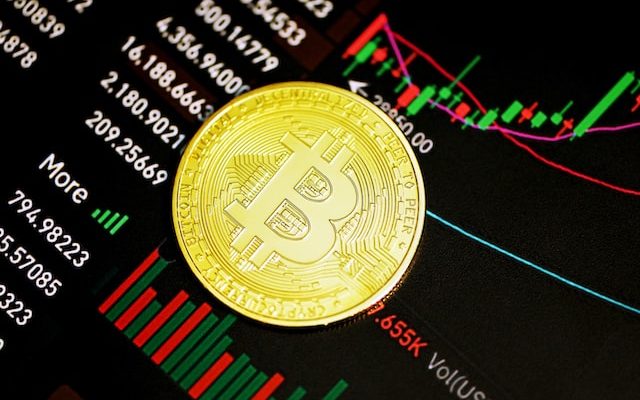The first and most well-known cryptocurrency is called Bitcoin. A decentralized protocol, cryptography, and a mean to reach international consensus on the status of a regularly updated public transaction record known as a “blockchain” permits peer-to-peer exchange of value in the digital sphere. In January 2009, a small number of programmers were the target audience for the anonymous launch of Bitcoin. Many people are now interested in bitcoin, and there are articles available online that feature tips for choosing the right cryptocurrency investing strategy.
Today, Bitcoin is a widely traded financial asset with a daily settlement volume measured in billions of dollars. Bitcoin is most frequently regulated as either a currency or a commodity and is therefore legal to use (with different degrees of limitations) in all major economies, despite regional variations in its regulatory position. El Salvador became the first nation to make Bitcoin legal tender in June 2021.
What is decentralization in Bitcoin?
A decentralized system is one without a central hub. Simply said, a decentralized system cannot be controlled by third parties like the government, banks, other financial institutions, or even the creator of bitcoin. Because no one can hack the decentralized system, it is the most effective mechanism in bitcoin.
A large number of miners powers the bitcoin network. Therefore if you want to hack bitcoin, you must hack all the global nodes miners use. Because no one can stop Bitcoin, it is unstoppable. The following three situations call for the suspension of bitcoin:
- Since many nations utilize bitcoin to make money, it is hard for all governments to outlaw it because no nation wants to see bitcoin’s economy flourish.
- It is also difficult for all users to sell their entire supply of bitcoins and quit using them. Bitcoin has many applications, including low-cost trading, investing, sending, and receiving. Numerous companies are growing their businesses by accepting bitcoin as payment.
- Even if all bitcoin miners stopped working, that would still be impossible. Who will miss this chance to earn 6.25 BTC as a prize for cracking a network block?
The government governs fiat currency, and financial institutions charge a lot for cross-border transactions. However, the decentralized nature of bitcoin’s system makes it a more compelling option for users to use for every transaction.
What is the centralized system?
A system that has a central point is said to be centralized. The most well-known examples of centralized systems are bitcoin exchanges; additional examples include banks and other financial institutions. An individual or group of individuals governs these institutions. If something goes wrong, then the entire system will be impacted.
Importance of decentralization in Bitcoin:
Peer-to-peer money, a decentralized currency, transfers money or ownership of any other asset without using a bank. This approach promises to redefine how money is now understood and how data is collected and kept in voting systems, public registries, libraries, and any other database system.
There is not a single point of failure or entry in a decentralized system, which is one of its main advantages. A single node might have always been compromised, but a decentralized system makes this impossible. Since numerous nodes exist in a decentralized system, there is no single point of failure.
A centralized system has one component. Therefore, any one point can be vulnerable and harmful. Although a centralized government has advantages, it can also make arbitrary judgments. For instance, a centralized system may take longer to make choices but can facilitate quick responses to changing situations. Decentralized systems enable various users to control a network, while protocols stop malicious users from making decisions.
Consequently, Bitcoin has emerged as the most popular cryptocurrency. Startups and venture capital firms finance businesses with a decentralized orientation. Security is also improved by decentralization. Another significant advantage is the capacity for trust among users. High degrees of security are possible in centralized systems, but tracking attackers is more difficult in decentralized systems.
Censorship is likely if a centralized system can’t monitor the system’s security. Additionally, centralized exchanges are not without risk. Cryptocurrencies and decentralized networks depend on decentralization, which is a crucial element. This idea does, however, have a unique set of issues.
Cover photo by Kanchanara on Unsplash
DISCLAIMER: This article is sponsored and does not substitute for professional advice or help. Any action you take upon the information presented in this article is strictly at your own risk and responsibility.






Comments